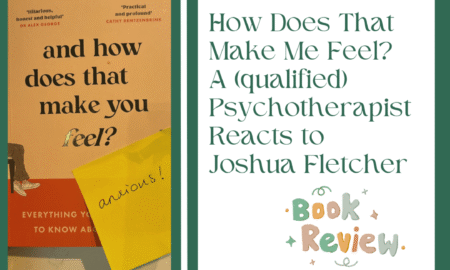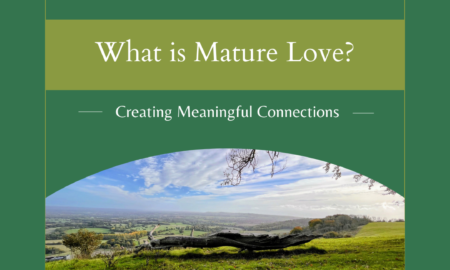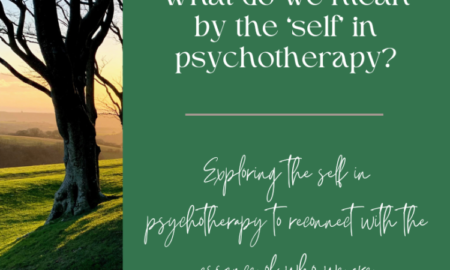Understanding Emotional Intelligence Using Transactional Analysis

Emotional intelligence plays a major role in all our interactions and is based on self-awareness, self-regulation, motivation, empathy and social skills. High levels help us build and foster relationships, defuse stressful situations, achieve personal success and ultimately focus in our emotions and how to understand them better.
So What Is Emotional Intelligence?
Well, it’s like the secret sauce for successful relationships, both with others and yourself. Think of it as the ability to recognise, understand, manage, and use your own emotions effectively while also being attuned to the emotions of those around you. In TA, emotional intelligence plays a significant role in how we interact with others and understand our own behaviours.
Emotional intelligence is increasingly forging a path through into popular vernacular. Whereas IQ can be charted on a scale and more cleanly define, EI, or Emotional Quotient (EQ), is not so easy to quantify.
So how can TA help our emotional intelligence?
First off, TA is all about breaking down our interactions into three ego states: Parent, Adult, and Child. Emotional intelligence within this framework involves recognising which ego state we’re operating from and understanding how it impacts our communication.
Let’s start with the Parent ego state. This is where our past experiences, values, and external influences come into play. Emotional intelligence here means recognizing when we’re reacting out of learned behaviours and biases rather than responding thoughtfully.
The Adult ego state is all about rationality and objectivity. Emotional intelligence in this context is about being aware of our own emotions and assessing situations objectively. It helps us make sound decisions and responses, rather than reacting impulsively.
Finally, there’s the Child ego state, where our emotions and instincts rule. Here, emotional intelligence helps us understand and manage our own emotions. When you can’t control your impulses, it’s like you’re in the middle of a storm without an umbrella. Emotional intelligence provides that umbrella!
In TA, therapists help clients develop emotional intelligence by examining their ego states and transactions. Through self-awareness and self-reflection, clients can identify patterns of behaviour and emotions, making it easier to navigate relationships effectively.
One of the most potent tools in TA is the “OK Corral” concept. It illustrates four life positions: “I’m not okay, you’re okay,” “I’m not okay, you’re not okay,” “I’m okay, you’re not okay,” and “I’m okay, you’re okay.” Emotional intelligence plays a huge role in moving from a negative life position to a positive one, enhancing our relationships and overall well-being.
In conclusion, emotional intelligence within Transactional Analysis psychotherapy is like having a compass in the complex terrain of human interactions. By developing this skill, we can better understand ourselves, our relationships, and our responses. It’s a powerful tool for personal growth and improving our connections with others. So, next time you’re navigating the emotional landscape of your relationships, remember the role it plays within the context of TA – it could be the game-changer you’ve been looking for!
Get Support
Increasing your emotional quotient is always possible and can transform your enjoyment of life. Reaching levels of ultimate fulfilment is only possible with emotional intelligence. It takes self-reflection and hard work but for those who want to be happy in life, it’s an easy choice to make and easy thing to work on.
You may also be interested in...

How Does That Make Me Feel? A (qualified) Psychotherapist Reacts to Joshua Fletcher
When I picked up this book, I expected a playful, tongue-in-cheek take on therapy. After all, as psychotherapists, we’re familiar with lines like: “Nothing can make you feel anything…

Is Time Really a Healer?
Pop Culture and Loss I recently finished the Netflix series One Day. (Spoiler alert—if you haven’t seen it yet, you might want to pause here and come back once you…

What is Mature Love?
Creating Meaningful Connections Mature love, what is it? I’m not talking about being 80 years old and holding hands on a walk through the park here. I am talking about…

What Do We Mean by ‘The Self’ in Psychotherapy?
Understanding the Concept of the Self The concept of "the self" is central to psychotherapy, yet it can feel elusive and abstract. As therapists, we often talk about self-awareness, self-development,…

Your Life Story
Your Life Story One of the core theories of Transactional Analysis is the notion of a life script. Put simply, a life script is a pre-conscious life plan that determines…

Improve Your Mental Strength
Ever wondered why some people seem to bounce back effortlessly from life's curveballs while others struggle to regain their footing? The secret lies in mental strength – that intangible power…
Ready to Make a Change? Book an Initial Consultation Today
If you have any questions at all about therapy or would like to make an appointment, get in touch. I will usually be able to respond to you within 24 hours.
